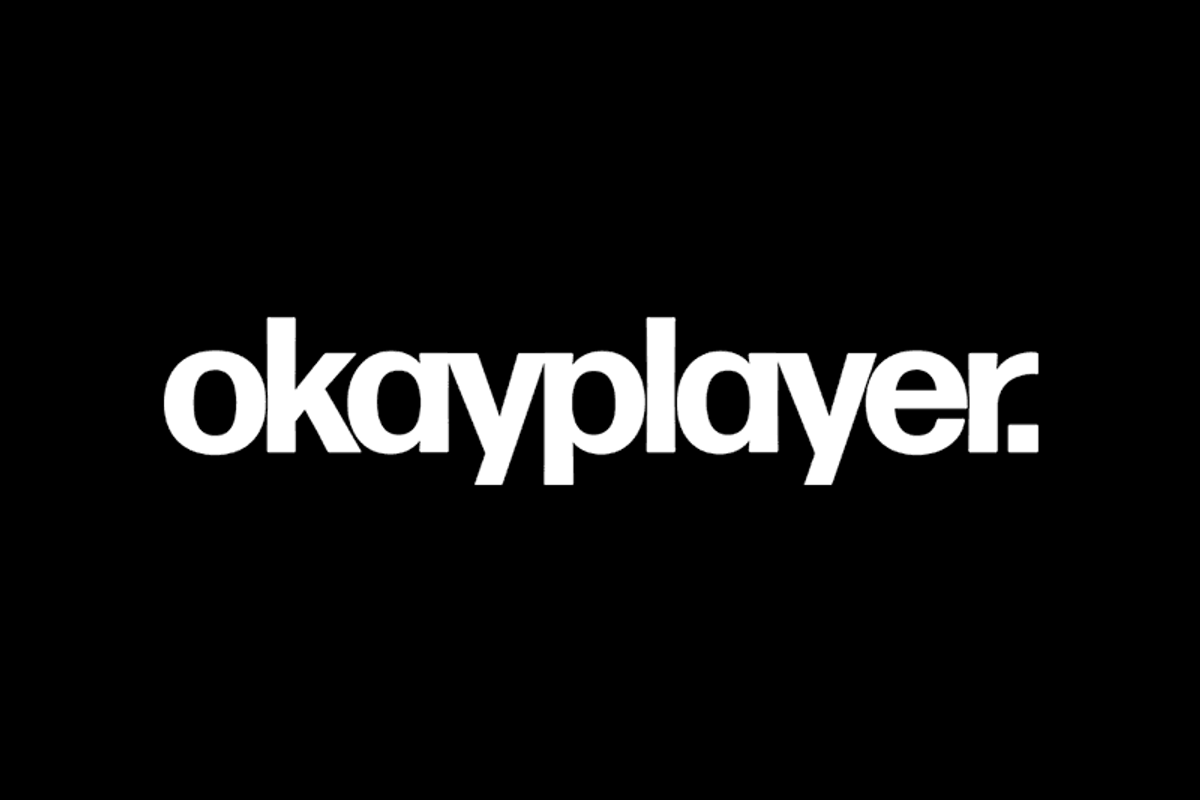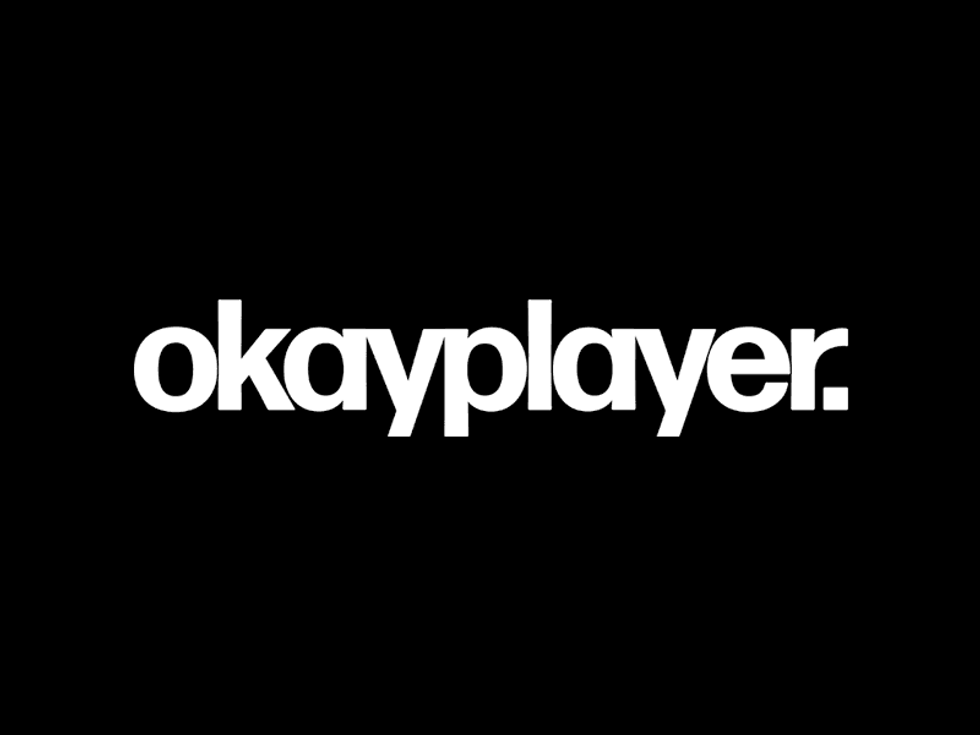
The Storm: On Eminem, Shitty Rap Fans and Applauding White Pop Stars for Convenient Acts of Heroism
Source: BET
To continue reading
Create a free account or sign in to unlock more free articles.
By continuing, you agree to the Terms of Service and acknowledge our Privacy Policy
Register
The content is free, but you must be subscribed to Okayplayer to continue reading.
THANK YOU FOR SUBSCRIBING
Join our newsletter family to stay tapped into the latest in Hip Hop culture!
Login
To continue reading login to your account.
Forgot your password?
Please enter the email address you use for your account so we can send you a link to reset your password:


On one end, there's the fact that as a white dude from The Motor City with an acid tongue and incendiary temper, Marshall Mathers III was not the first, and certainly won't be the last, in the cavalcade of straight white male egos to storm a historically black stage and reap the benefits of a platform built to amplify marginalized voices. On the other, it's that his career not only marks a pivot point in the marketing of black music and its shift towards paler audiences, but may also be single-handedly responsible for rap's great crossover to pop-level spectacle.
That said, Eminem is an exceptional talent. Not undeserving of praise for an uncanny rapid-fire delivery and vivid, densely-stacked lyrical assaults, the Detroit MC developed a brand out of a violent relationship with women and rampant homophobia. Both hallmark hits for rap of his era, making him subject to the same struggle for sustained relevance every golden era MC faces by, say, their third studio album.
Mathers lasted four, but managed the rare honor of joining the very pop ranks he built a career absolutely demoralizing -- key to his survival of the requisite mid-career album check-in. Equal parts rap's Howard Stern and pill-popping white teen hellspawn next door, Em was a commercial smash and holds the title for highest selling rapper of all-time (Speakerboxxx/The Love Below still the highest selling rap album ever) and his fans, though they comprised a spectrum of races, backgrounds, ethnicities, shapes, and creeds, were overwhelmingly, you guessed it, white.
I like to think I had a pretty short career as an Eminem fan, though I may have to credit him for helping me take rap seriously at a young age. Myself, a strange white dude with Jewish middle class suburban Baltimore roots, saw something compelling in a person that kind of looked like me making, at least surface-level, black music; something I was fascinated by as a child and obsessed over in my teens as I began to purchase music with my own money, and later, shamelessly pirate.
I was precisely the demographic, they were me. And we had the purchasing/pirating power. It's why to this day someone like Bhad Bharbie can even exist: white suburban teens are the market. They get it however the fuck they can. If that means someone like XXXtentacion can be a terrible human and still gain traction off Soundcloud plays alone, so be it. Em scratched that itch for a lot of us and might even be the reason XXX's shock-and-awe lane still stands in some capacity. But the transparency of social media has offered a means of holding public figures and their fans accountable for problematic pluralities long overdue for reassessment.
Em's fans, like rap fans at large-- a dedicated, immovable and circumstantially ravenous sort -- blindly-defend his GOAT-status, refusing to even discuss the prospect of a more suitable throne-bearer, while the rest of us begin to wonder if he ever even made good music in the first place.
This is not singular to Eminem fans. For reasons that escape me, the rap fan/aficionado/nerd/enthusiast can be the single worst type of human to discuss any form of music that doesn't fall perfectly into the rigid parameters they set for their beloved. It's some fundamentalist shit that undermines the perfectly-progressive beast that is hip-hop and the very reason it's a vessel for political and social discourse. It was built to change. Just like us.
Eminem knows precisely who is listening to him, by the way. He has normalized the sexually-repressed white male teen like few have. He calls upon them in "White America," fans their anger in "Stan" and pokes at their violent tendencies on his breakout hit "My Name Is." He knows, as he's always warned, that his fans are precisely as fucked as the persona his music prescribes. It's possible he sensed the danger they'd pose down the line as the country grew deceptively polarized, as shameless bigotry became a fixture of Donald Trump and his perpetual doom of a presidency, building a brand off senseless shit-stirring and pandering to the worst of us. Not unlike the provocative, hate-fueled theatre of the rapper in question.
If he didn't sense it then, or back in 2004 when the now president endorsed him at MTV's "Shady National Convention," he was keenly aware by October 2016, when the president was still inching towards the White House on a platform that invoked McCarthy-era xenophobia and blatant, unabashed racism. That month, Eminem released "Campaign Speech," a timely seven-minute-long track that explicitly targeted both Trump and his supporters, but did nothing to begin a discussion amongst white people (again, target demo here) about how to acknowledge their privilege and be an ally to the PoC attacked by Trump's rhetoric and sentiments. It was what I guess we've always hoped Eminem to be as a white man that makes money making black music.
WATCH: Remember That Time Trump Endorsed Eminem On MTV?
And yet he was still unwilling or at a loss, when it came time to confront his constituency, as to not threaten his fixed status amongst rappers. Ironic, again, because his fixed position is in a fixed rap market catered to the adolescent white minds he'd brought into the fold, a type of de facto colonialism that was maybe unintended by the artist, but had familiar ripples. To go after them would have just been another classic Eminem freakout with little hit to his brand or face to save, and the most basic, ground-level effort he could afford to the people (anyone who isn't a straight white dude) now victim of this alternate reality he inadvertently enforced by catering to the entitlement of his fanbase. At this point, a plague of mere presence.
WATCH:"It's Not Just A Freestyle, It's A Statement: - Redman Defends Eminem's BET Cypher
Which is why it's a little hard to take Em seriously in his latest jab, or series thereof, towards the president. His BET cypher performance, dubbed "The Storm," was, yes, the first time he directly-targeted his own base; yes, a literal and figurative line in the sand; and yes, the first time he draws a concerted line between his supporters and Trump's. But the sad fact is that had he come through with more than the typical, almost cartoonish, very-Eminem threat of violence towards Trump supporters ahead of the election, say, right around when he released "Campaign Speech," that election, decided by overlapping factions between these only-recently warring parties, just may have turned out differently.
I don't doubt that Em was perfectly aware of this, or at some point was left to feel powerless against this seemingly inevitable oncoming evil. But I also imagine that carries with it a great bit of guilt. The idea that any single person could have saved this country from a Trump presidency is absurd, but if anyone could appeal to lower-middle-class white people, it was the guy Trump's middle-aged mom-and-dad supporters were convinced was "safer" than other rappers just ten years prior. The guy who, with no shortage of idol worship from his legion, co-opted a black arts movement and transformed pop music by marketing black music to suburban white kids. The guy was and may always be (drum roll) Eminem.
READ:Trump Supporters Who Are Also Eminem Fans Are Having A Dilemma On Reddit
None of which is to say that "The Storm" is too little too late or an insincere gesture. There are plenty of figures in music with the type of Trump-supporting fanbase overlap that Eminem only recently reckoned with. He made a stance and in his own way, attempted to be the type of ally he thinks he can or should be at this time. As a white music writer , I can at least understand the assertion, that the only way to intercept the hand-off of generational racism is to address it directly within my own family and community of peers, not unlike the way some men have responded to the #metoo campaign in the wake of Harvey Weinstein's ousting from Hollywood for sexually assaulting countless women. Just hours after the performance, Reddit threads filled with Eminem fans now questioning precisely why they're Trump supporters, a win for all warm-blooded intelligent lifeforms.
And black folks can probably expect this sort of self-defining, slow-to-come-around allyship to only intensify as we, white people, continue to acknowledge and confront our privilege, slowly but surely learning to hold each other accountable internally, so that we don't have to rely on our one black or brown friend to speak for all black or brown people.
Em missed an opportunity with "Campaign Speech," no doubt. And "The Storm" was a necessary declarative effort from an artist that, like all rappers, deserves better fans, even if the bars aren't best-of-his-career caliber (don't @ me, rap fan.) But let's not get into the habit of applauding white pop stars for convenient acts of heroism. Managing the monsters that Eminem himself manufactured was always the rapper's burden to bear alone.
Michael Eric Gonik, music editor and Spotify curator at Okayplayer. Follow him at @zogotsoul on Twitter.